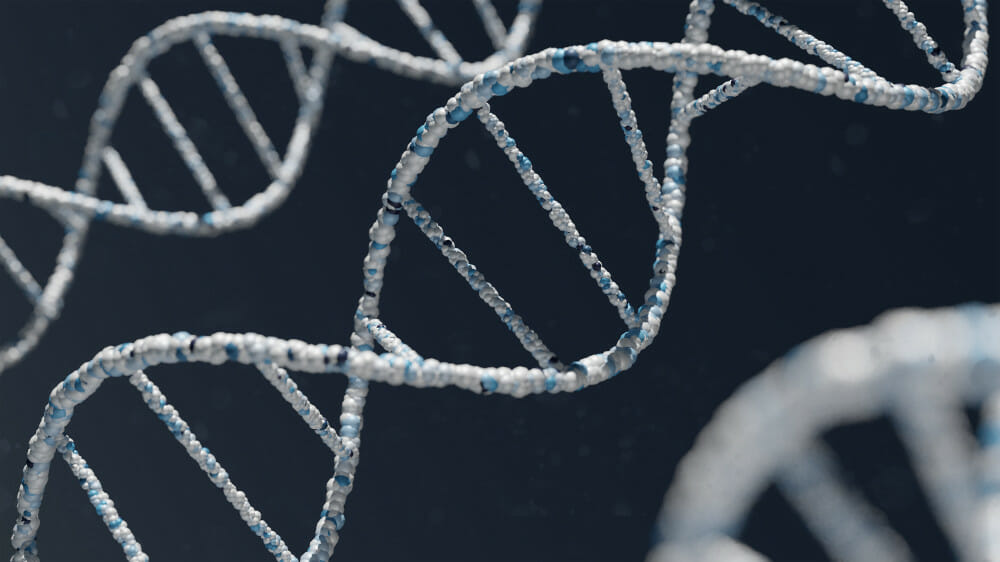Steve G Papermaster, Nano CEO: What Is Genomics?
Steve G Papermaster, Nano chairman and CEO, founded a company created to develop self-driving cures, leveraging multi-layered solutions to provide proactive and persistent health protection. This article will explore the topic of genomics, providing an overview of what genomics is and outlining its potential in terms of creating opportunities for medical advancement.
Genomics is the study of the genome, which contains all of an organism’s genetic material. All living organisms, from bacteria to humans, have a genome made up of DNA.
While genetics involves the study of the composition and function of single genes, genomics looks at the whole, analyzing all of an organism’s genetic information – including both coding and non-coding DNA, the interplay between different genes, and how genes are expressed.
One of the most exciting developments in the field of genomics has been the development of next-generation sequencing technology capable of quickly and inexpensively reading an organism’s entire genome. Today, this can be achieved in around 24 hours and for less than £1,000, whereas sequencing the first human genome took more than a decade to complete and cost millions of pounds.
Deoxyribonucleic acid, or DNA, is a chemical compound that contains the genetic instructions necessary to develop and direct the activities of virtually all living organisms. DNA molecules are made up of two paired, twisting strands that are known as a double helix.
Every cell in the human body contains a complete copy of the genome, which comprises approximately three billion DNA base pairs. DNA is coded in a four-letter language, namely As, Cs, Gs, and Ts, with this code providing all of the information necessary to build an entire human body.
Genes are sections of DNA that contain the information needed to build proteins, which are essential for building and repairing the human body. Humans have approximately 20,000 coding genes. Some influence a person’s likelihood of developing a hereditary health condition, such as cystic fibrosis, while others determine physical characteristics, such as skin, hair, and eye color.
Virtually every human medical condition is rooted in genes. Until relatively recently, the study of genes in a clinical setting was restricted largely to cases of birth defects and a small number of diseases with very simple and predictable inheritance patterns that arise due to a change within a single gene. However, genomics provides care providers with an extremely powerful tool with which to study the role that multiple genetic factors play when combined with each other and environmental factors, helping researchers to better understand complex conditions such as cardiovascular disease, diabetes, and cancer.

















